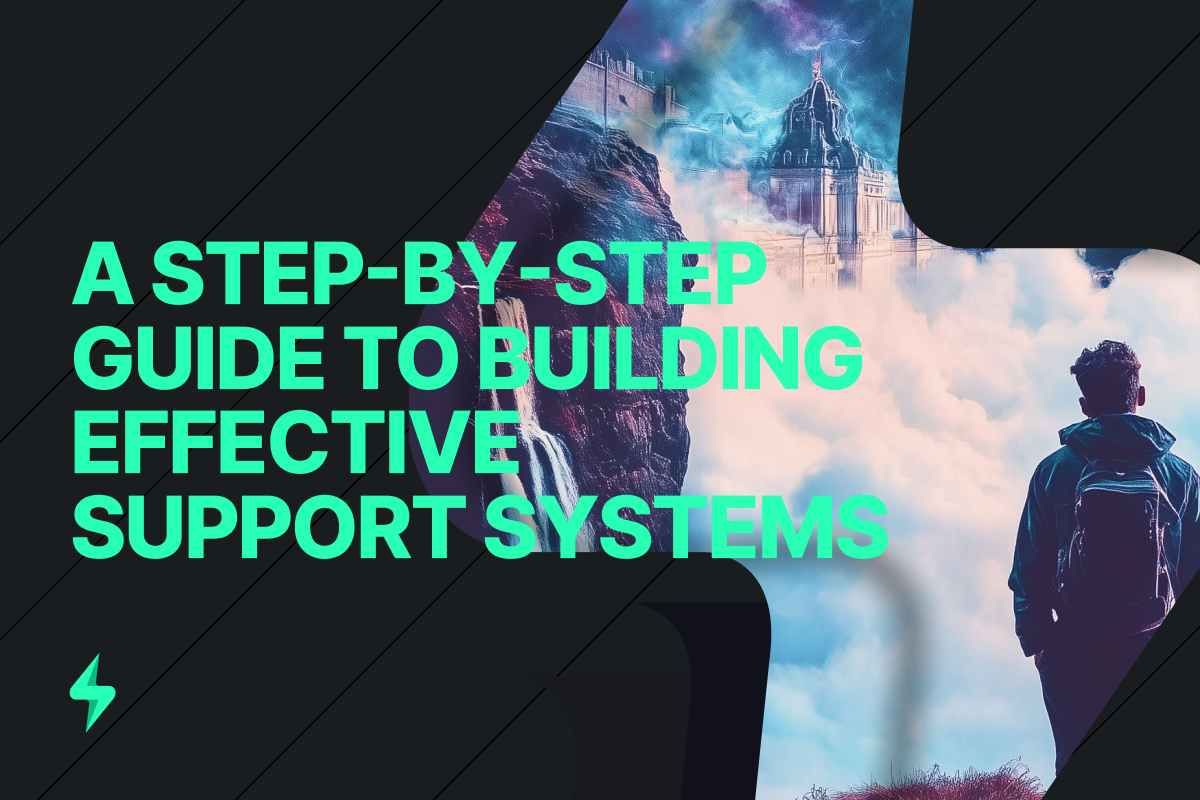Navigating the bustling world of entrepreneurship and creative work can sometimes feel like trying to keep pace with a fast-moving train. Whether you’re a newcomer or have years of experience, accountability is often the key factor that drives progress. How can you effectively leverage this power?
Welcome to Mastering Accountability: A Comprehensive Guide to Creating Supportive Systems, where you’ll find a pathway to building a system that truly fits your style.
Grasping the Concept of Accountability
At its core, accountability means staying true to your commitments and goals. It offers the necessary nudge to reach the finish line, particularly when the journey becomes challenging. Accountability frameworks can vary widely, from using a simple app to keep a checklist on your phone to collaborating with a partner who celebrates your successes and steadies you during hurdles.
Step 1: Assessing Your Requirements
Start by reflecting on your needs. Which areas of your professional or personal life need better management and support? Are you attempting to improve time management, or do you require ongoing feedback on a project? Write down your primary objectives. For instance, if your aim is to complete a book by year’s end, consider how an accountability system might help you stay focused.
Step 2: Selecting the Appropriate Tools
Different tools work for different people, and what suits one person may not suit another. Some entrepreneurs excel with project management platforms like Trello or Asana, which allow for visual task tracking and milestone alerts. Others flourish with goal-setting applications such as Habitica, which incorporate gamification into task completion. Try out several options to determine what aligns with your workflow best. Remember, simplicity is key—too many tools can create confusion rather than clarity.
Step 3: Securing the Ideal Accountability Partner
An accountability partner can play a pivotal role in your journey. This person should understand your ambitions, share common values, and provide honest feedback. Consider teaming up with a fellow entrepreneur, confidant, or mentor. Yara, a creative professional, gained momentum by partnering with a peer from a workshop. They hold weekly conversations to review progress and tackle obstacles, motivating each other to overcome both significant and minor challenges.
Step 4: Establishing a Routine
Regularity serves as the bedrock of accountability. Design a routine that integrates effortlessly into your daily life without being overwhelming. Dedicate specific times to reassess your goals, monitor progress, and modify plans as needed. Jessica, a graphic designer, sets aside time every Friday afternoon to reflect on the week’s accomplishments and plan ahead. This reflection keeps her inspired and focused.
Step 5: Embrace Flexibility and Patience
Finally, accountability is not about rigidness. Life sometimes deviates from the plan. Be open to adjusting your systems as necessary. Regularly check in with yourself and your accountability partner to evaluate what works and what doesn’t. You may discover that meeting every two weeks is more effective than weekly, or that different projects require distinct tools.
Final Thoughts
When designed to fit your unique style and requirements, accountability becomes an invaluable companion on your entrepreneurial or creative path. It’s about creating a supportive framework that helps you transition from dreaming to doing, turning visions into tangible results. What accountability systems have you experimented with, and what were the outcomes? We welcome you to share your stories in the comments below or reach out to us on social media. Let’s work together to master accountability and keep driving each other forward.



